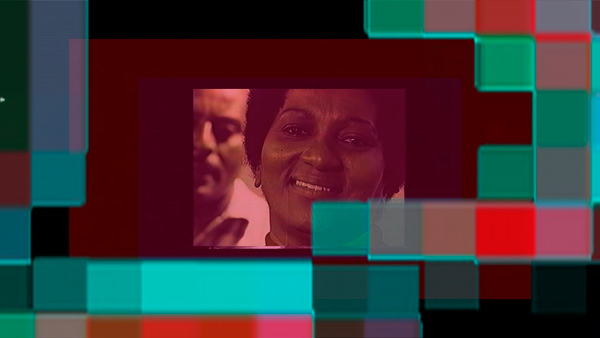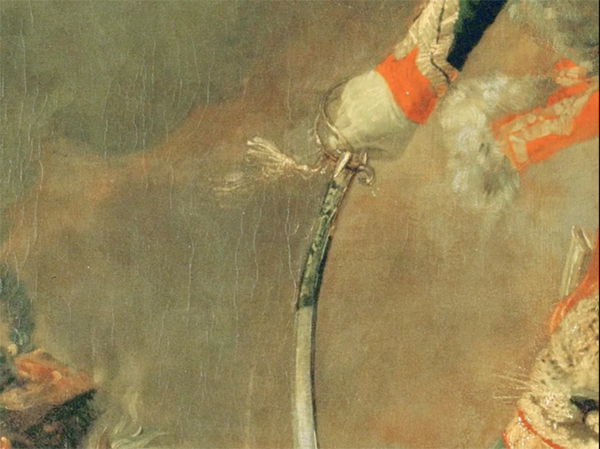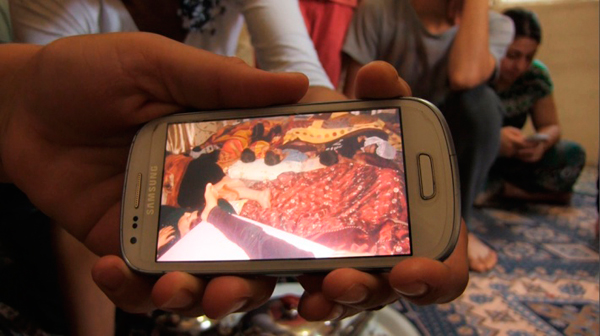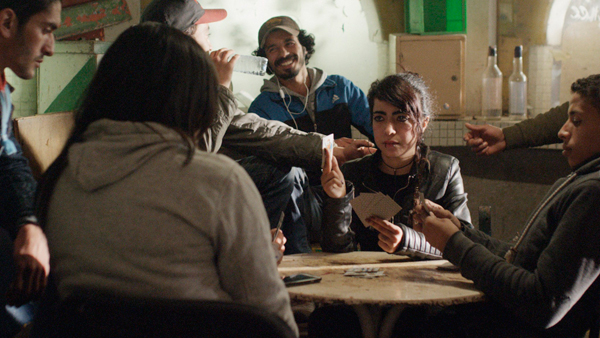06: Henderson / Abu Hamdan / sağ / Maroufi
SELECTION 2016
A dialogue between new audiovisual works, older or rediscovered films and videos by artists and filmmakers who work in the expanded field of moving image practice.
Courtisane is een platform voor film en audiovisuele kunsten. In de vorm van een jaarlijks festival, filmvertoningen, gesprekken en publicaties onderzoeken we de relaties tussen beeld en wereld, esthetiek en politiek, experiment en engagement.
Courtisane is a platform for film and audiovisual arts. Through a yearly festival, film screenings, talks and publications, we research the relations between image and world, aesthetics and politics, experiment and engagement.
SELECTION 2016
A dialogue between new audiovisual works, older or rediscovered films and videos by artists and filmmakers who work in the expanded field of moving image practice.

Black Code/Code Noir unites temporally and geographically disparate elements into a critical reflection on two recent events: the murders of Michael Brown and Kajieme Powell by police officers, which both occurred in the US in 2014. The film argues that behind this present situation is a sedimented history of slavery preserved by the Black Code laws of the colonies in the Americas. Breathless sequences of mobile footage, digital diagrams, animations and graphics create an explosive mixture, that Henderson further adds to by exploring the possibilities of breaking the code.

This sound piece, illustrated by a series of photographs, tells the story of a painting commissioned by a wealthy businessman from Syria for his British country house. The painting, a copy of Théodore Géricault’s Officer of the Chasseurs Commanding a Charge (1812) replaces the French colonial overlord of the original with a Syrian resistance leader who fought the French. Abu Hamdan provokes a mediation on the way colonial violence is represented, celebrated, embodied and appropriated.

Kurdish inhabitants of Cizre, on the Turkish-Syrian border, testify about their experiences during a violent operation the Turkish army undertook in their city. They filmed and photographed the conflict with their phones and tell a very different story from that of the established media. sağ’s work discusses the imaginable and unimaginable, the audible and muted, ethics and aesthetics, distance and involvement; it is an exercise in curiosity, going after what is visible and audible in the frame, and what is, simultaneously, escaping it.

Randa Maroufi leads us into an old and abandoned fairground located in the Arab League Park in Casablanca, a place with nebulous frontiers and laws. Its visitants are caught mid-action, frozen in gestures of exchange, expectation and aggression. They follow a score conducted by the artist in which she uses composition to explore reality. But this reality is also virtual, for these scenes come in part from a repertoire of violent self-representations found on the Internet.